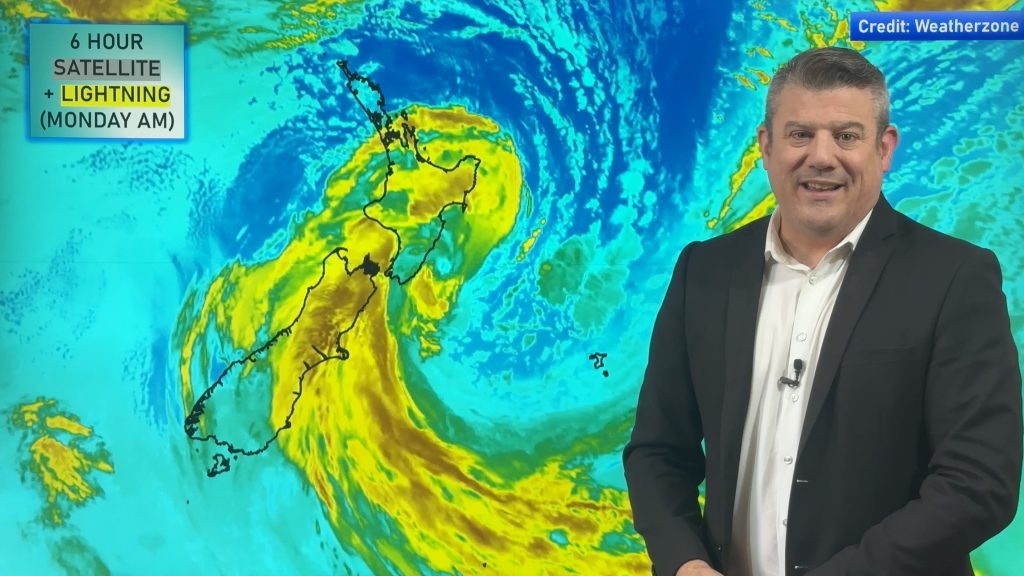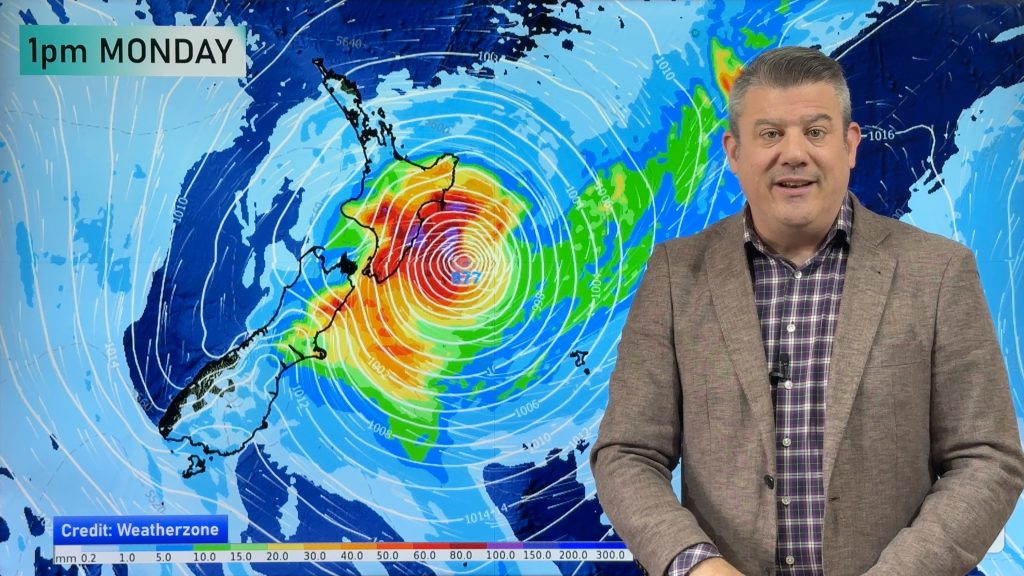
> From the WeatherWatch archives
Industry sources are warning that the volcanic ash cloud’s impact on the tourism sector will be serious if the disruptions continue much longer.
And the boss of this country’s biggest skifield operator, NZSki, says that if the problem drags on it could create enough uncertainty to make people think twice about travelling to this country to hit the slopes this winter.
Eruptions of Chile’s Puyehue-Cordon Caulle volcano in 1960 and 1921 lasted for about two months.
The latest eruption began on June 4, and has grounded transtasman and domestic services of a number of airlines, including Air New Zealand, Jetstar and Qantas.
Tourism Industry Association communications manager Ann-Marie Johnson said the ash cloud had not been too problematic for tourism operators so far.
But the situation would be more serious if the disruptions continued into the ski season, which would have started in the South Island already if not for unseasonably warm temperatures.
“Clearly that’s the last thing the industry needs when things are already tight after the disruptions over the last few months with the [Christchurch] earthquake and the Japanese earthquake and tsunami,” she said.
“If we were to see Australia to Queenstown flights cancelled [during the ski season] that would have a big impact.”
James Coddington, chief executive of skifield operator NZSki, said the ash was a concern for the ski industry and the wider tourism sector.
Warm temperatures have resulted in the company’s skifields – Coronet Peak, Mt Hutt and The Remarkables – remaining shut because of a lack of snow.
Coddington said low temperatures had allowed man-made snow to be produced at Coronet Peak on Wednesday night, but conditions had since warmed up.
The ski area, 18km from Queenstown, requires 72 hours of continuous below-freezing temperatures to make enough snow to open.
“The ash is not directly affecting us now,” he said. “But as we get closer [to opening] the ash cloud becomes more and more pressing on our minds. At this point it is very concerning.”
Forsyth Barr analyst Rob Mercer said the ash cloud’s impact on NZX-listed Air New Zealand still appeared as if it would be marginal.
“It’s not helpful, in the short term, but it’s not a factor that you would say is a permanent reflection of normal trading.
“If the market was going to get disturbed by this it would need to think that the event was going to create such a short term operating loss that it would put [the airline] in financial distress.”
Air New Zealand spokeswoman Marie Hosking said the airline had been totally focused on operational issues and had not yet looked at financial factors relating to the past few days.
Air New Zealand shares closed steady last night at $1.09.
Mercer said it would be unfortunate for Air New Zealand if the ash cloud was still causing disruptions during the Rugby World Cup.
The airline has already forecast that it will make a loss in the half-year to June.
Forsyth Barr had estimated that the rugby tournament will be worth $40 million, or 4c a share, to New Zealand’s flag carrier, he said.
“But extrapolating today’s events as being likely to continue through to September and October [when the Rugby World Cup will take place] is making a much bigger deal out of what’s going on than is necessary,” Mercer said.
Rugby World Cup 2011 communications manager Mike Jaspers said the final phase of tickets sales began on July 4.
Asked how concerned tournament organisers were about the ash disruptions affecting ticket sales, he said: “I can’t give you a comment on what is really a hypothetical situation.”
Auckland Airport corporate relations manager Richard Llewellyn said it was still too early to gauge the ash cloud’s financial impact on the company. “The South Island airports have been impacted more than the North Island airports.”
Auckland Airport owns almost 25 per cent of Queenstown Airport, which Air New Zealand cancelled flights to yesterday.
Llewellyn said the worst outcome would be a complete grounding of all flights, as in Europe last year following the eruption of Iceland’s Eyjafjallajokull volcano.
Auckland Airport shares closed up 0.5c last night at $2.25.5.
MAJOR ERUPTIONS
Chile’s Puyehue-Cordon Caulle:
- 2011: Erupted on June 4, thrusting ash 15,000m into the air. The ash has since travelled over Argentina, Uruguay, South Africa and Australasia.
- 1960: Erupted on May 24, shortly after Chile’s Valdivia earthquake. The eruptions stopped almost two months later in late July.
- 1921: Erupted from December 13 to February 22, 1922.
– NZHerald.co.nz
Comments
Before you add a new comment, take note this story was published on 17 Jun 2011.





Add new comment